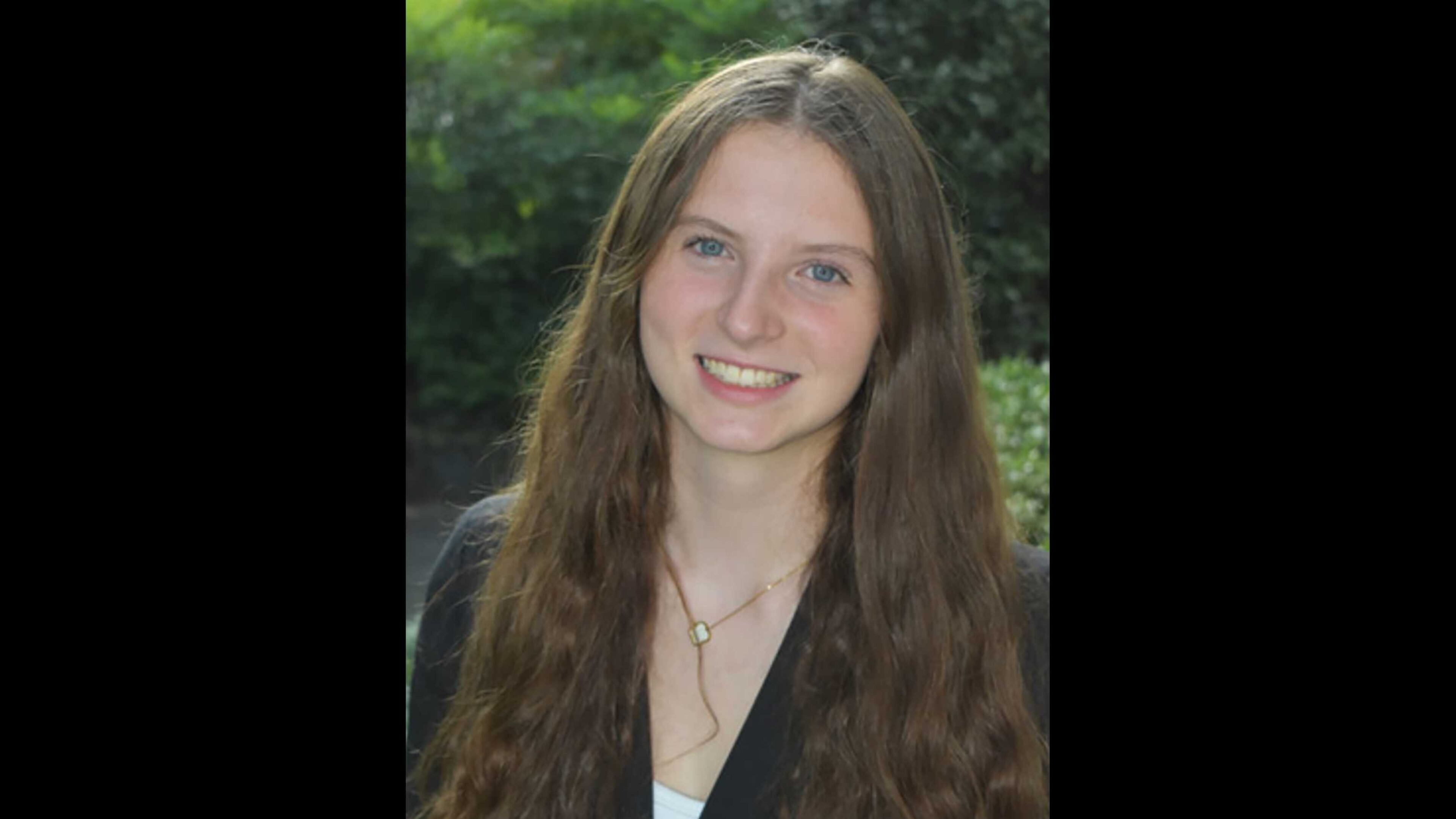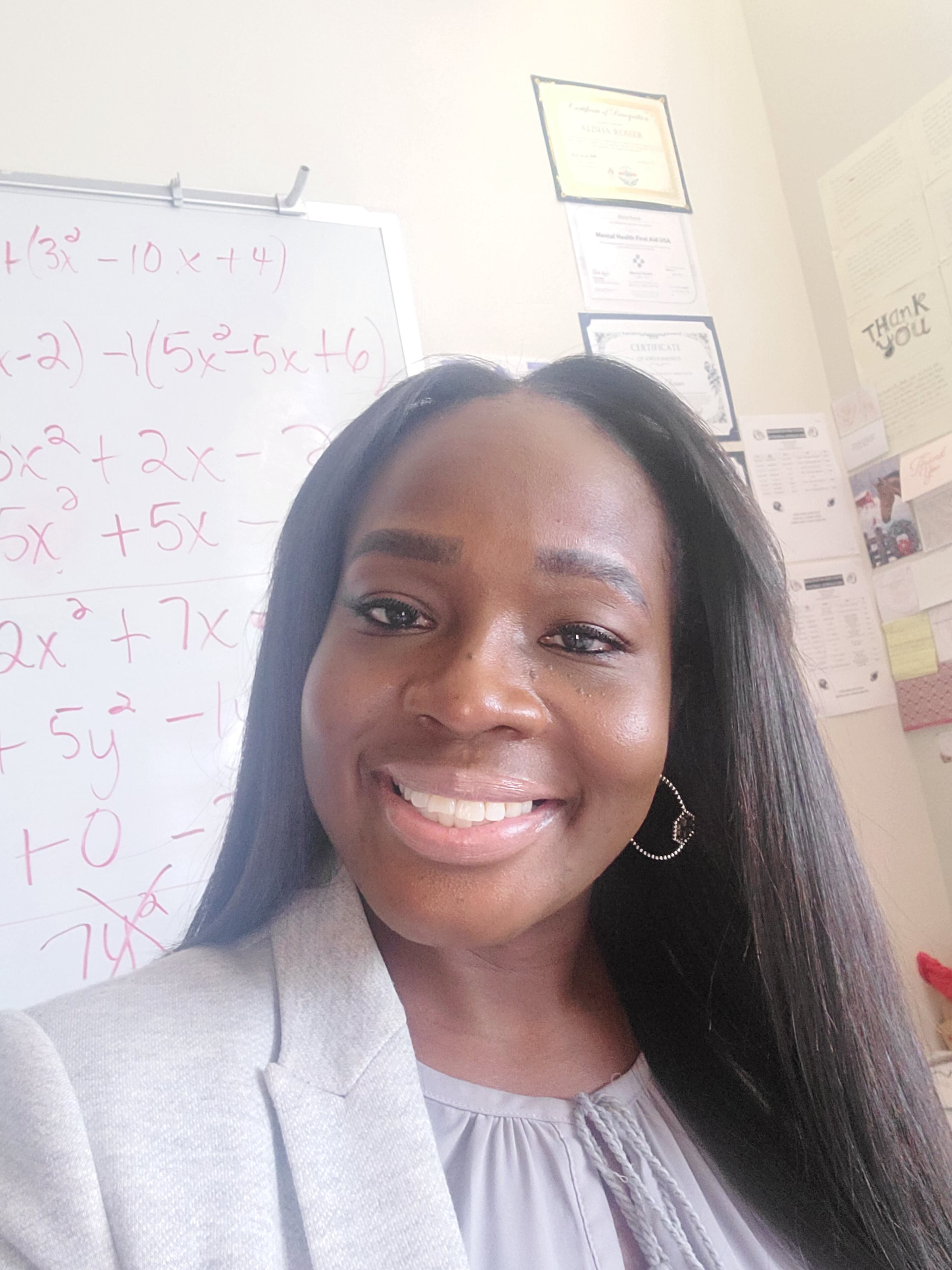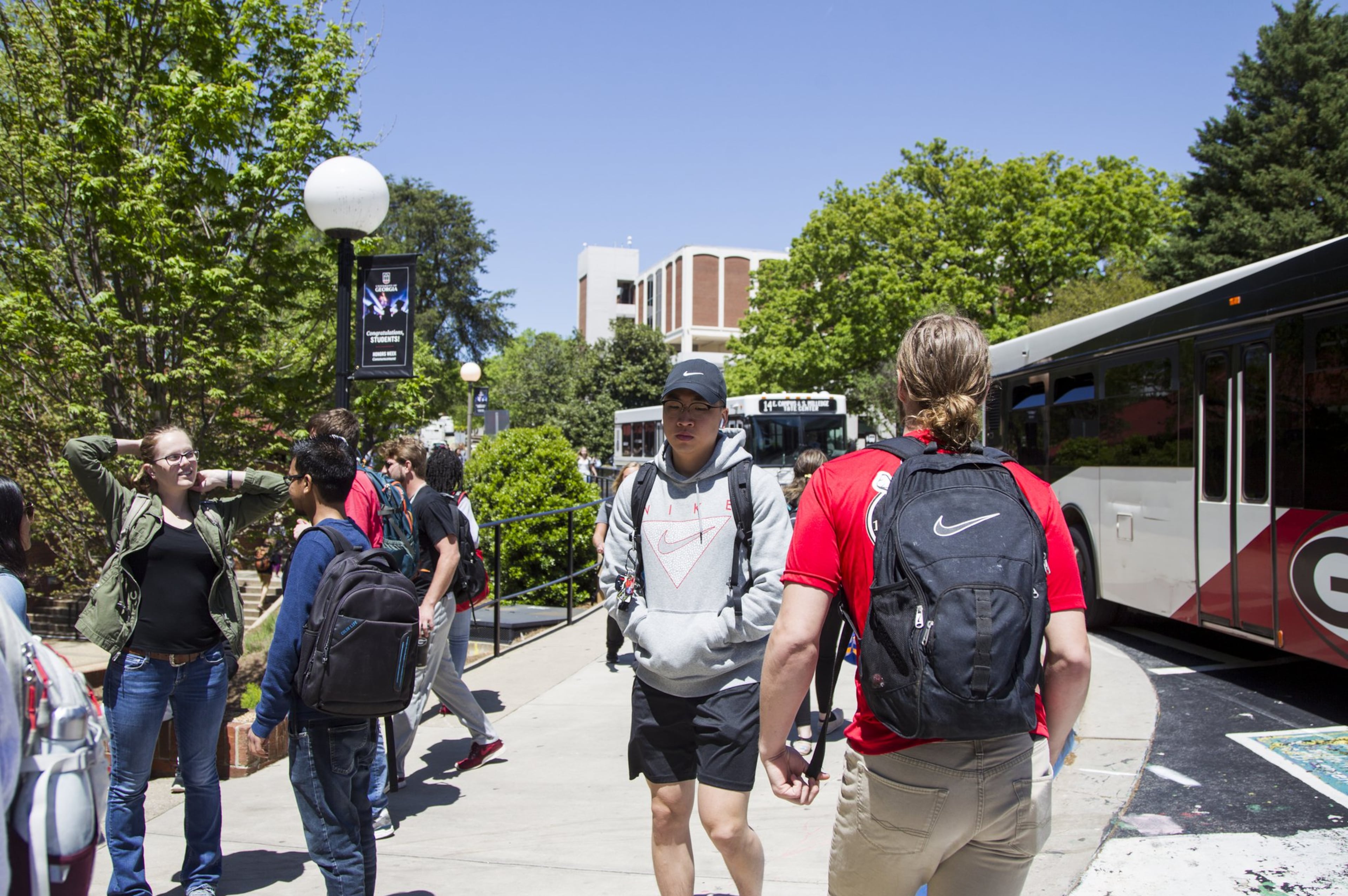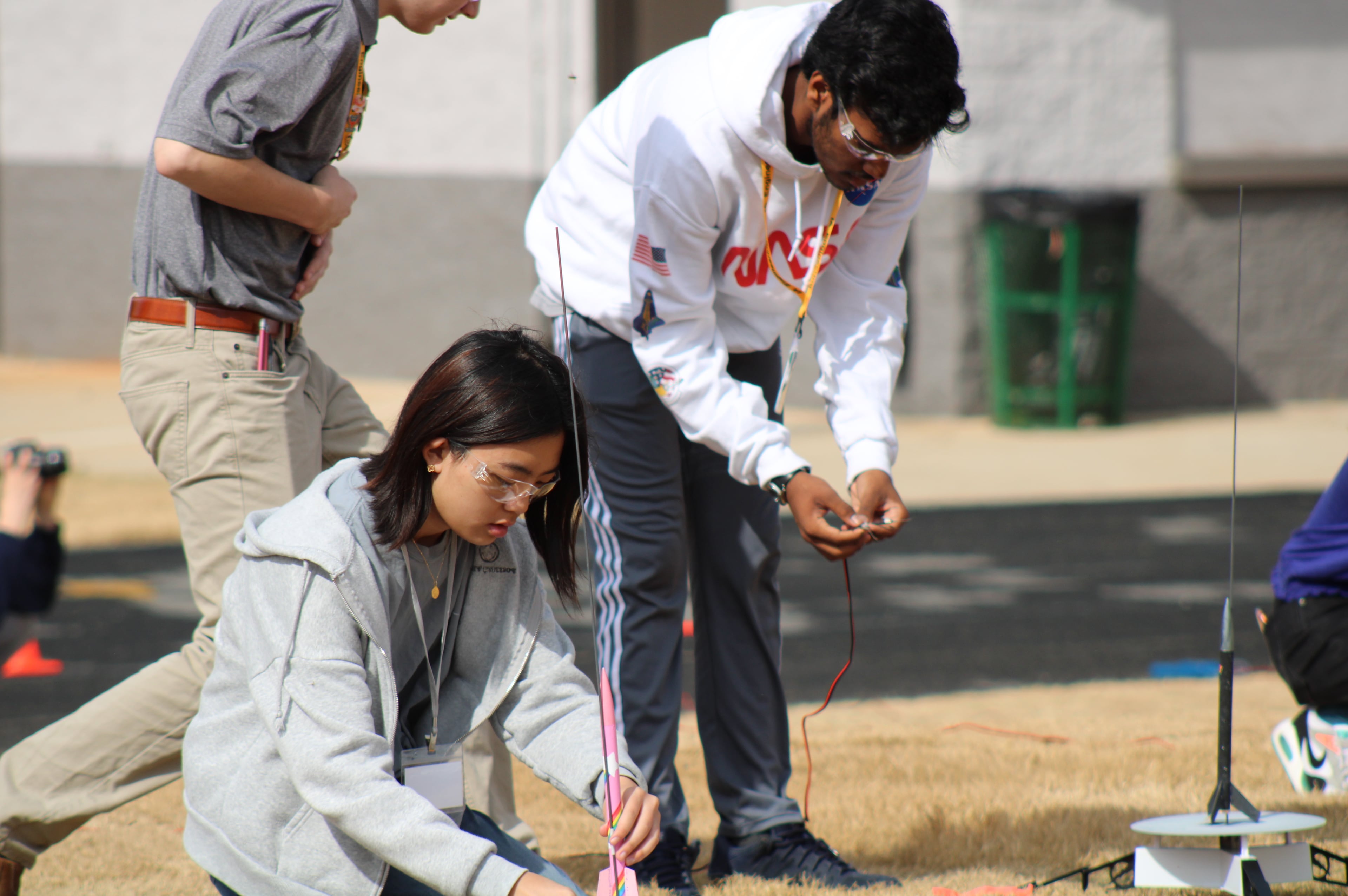APS electronic device restrictions makes for a better learning environment

In an effort to maintain a focused and safe educational environment, Atlanta Public Schools is reinforcing its previously approved Personal Electronic Device policy for all students across the district for the start of the 2025-2026 school year.
While individual schools will be given a measure of autonomy in the manner in which the policy is implemented, during the official school day — including lunch periods — all PEDs must be turned off and kept out of sight unless specifically approved by school administration. Students will be granted access to their phones by school administrators for personal emergencies and other special circumstances.
APS remains committed to promoting student focus and well-being, as well as academic success by minimizing distractions and fostering meaningful classroom engagement. Together, we can ensure our schools remain safe, respectful, and conducive to learning.
Here are viewpoints from an APS parent, student and teacher about why the changes are necessary:
La’Sandra K. Arnold, Washington High School parent

As a proud parent of a 12th-grade scholar at Booker T. Washington High School, I wholeheartedly support the PED policy implemented by APS.
Our educators carry the important responsibility of preparing our children, who are our most valuable resource, with the knowledge and skills they need to succeed in an increasingly complex world. This task has become even more challenging as classroom expectations evolve. One of the most persistent challenges is the presence of cellphones, which often distract from meaningful instruction and learning.
Far too often, students use their phones for nonacademic purposes, such as browsing social media, sharing disruptive content and recording behaviors that interfere with learning across campus. While some argue that phones can support academic activities, the reality is that many students use them to bypass critical thinking by relying on artificial intelligence tools to generate answers instead of solving problems on their own. This habit hinders student growth and prevents the development of essential thinking skills.
When educators cannot accurately assess what students know, they are limited in how they can support them through personalized strategies and interventions. For this reason, I fully support limiting cellphone use in the classroom to create a focused and productive learning environment.
I also understand concerns about being able to reach students during emergencies. However, I believe that contacting the school directly by phone remains an effective and appropriate solution in those situations.
By supporting Principal Tiauna Crooms and her leadership team, parents alike can help to create a positive and structured environment where students can thrive. I am confident that with continued support, Principal Crooms and her staff will lead Booker T. Washington High School toward even greater success. I look forward to the continued growth and development of the students, faculty and staff at our school.
Julia Barton, Midtown High School senior

As a teenager who is admittedly addicted to her phone, I feel obligated to be upset — but I can’t even begin to be. Objectively, the PED restrictions have created a system that works and has my full respect. It’s a system that I can confidently say brings life back into learning, where it was beginning to be lost.
All I’ve known for years has been school dominated by phones. While there have always been “rules” around personal devices, they were never truly enforced or effective. It’s true that personal devices can be used for some academic enrichment, but realistically from what I’ve seen and experienced the vast majority of time spent on these devices is for distractions negative to the success of a student.
This past year, things felt completely different at Midtown because of the restrictions, and it is undoubtedly for the better. Teachers were noticeably happier because they could dedicate their energy to teach instead of directing all of it to getting students off their devices. The lunchroom and hallways were louder because conversations were real and no one had a phone to look down at instead of talking. For me and I’m sure others, my stress levels went down since I was actually using class as a time to get work done.
Like every system, it’s not perfect. With the wake of the PED restrictions, there were many adjustments that had to be made and problems that had to be overcome. I did initially feel inconvenienced at first, but the issues were navigated well.
The restrictions lifted a burden off all of us, and allowed us to not just learn more in general but also learn more intentionally. As a student, I fully support the initiative to ban PEDs and believe it is an incredibly positive notion.
Alisha Rosser, Mathematics educator at Booker T. Washington High School

As a veteran teacher and proud parent of a rising senior, I fully support the restrictions on electronic devices during school hours. For years, we as educators have wrestled with the challenge of competing with these devices while striving to engage our scholars in meaningful dialogue that connects academic content to real-world experiences. Limiting access to personal devices during instructional time will help address mental health concerns, encourage healthy social development and reduce incidents of cyberbullying.
As a proud graduate of Booker T. Washington High School, I fondly remember sitting in these same classrooms where we were taught to keep the main thing the main thing. When the bell rang, class began: We were seated, focused, and prepared to receive instruction. The expectations were clear, and academic rigor thrived.
Today, electronic devices such as cellphones have disrupted that focus, hindering the development of critical thinking skills and diminishing opportunities for peer collaboration, both essential for academic success. This school year, with the new policy in place, teachers have a unique opportunity to reclaim instructional time and engage students from bell to bell.
As we intentionally design engaging lessons within our professional learning communities, I am confident that we will exceed our academic goals. We are privileged to serve the youth of this community and I am excited for what’s ahead.


